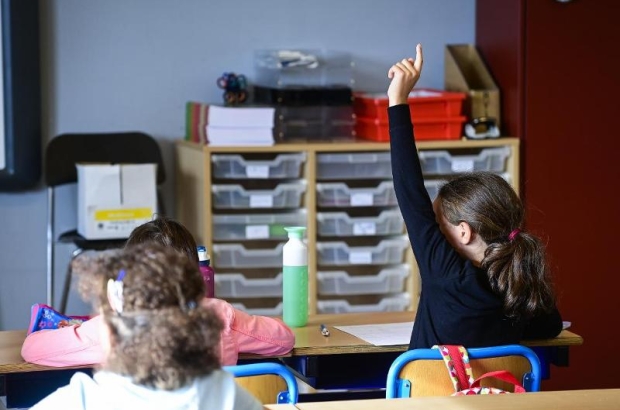- Daily & Weekly newsletters
- Buy & download The Bulletin
- Comment on our articles
New holiday schedule for French-speaking schools
French-speaking schools in Wallonia and Brussels will have a new school calendar following reforms by the Wallonia-Brussels Federation, although opponents are likely to request for a postponement to the changes due to be introduced for the next school year.
The changes are intended to bring the calendar more into line with the biological rhythms of children, RTBF reports, thereby improving their ability to learn.
Educational psychologists were concerned that summer holidays were too long and encouraged children to drop out of school because they spent such an extended time out of a classroom.
They also felt that one-week holidays around All Saints' Day and Carnival were too short to allow students to work effectively.
New sequence of seven weeks of classes, two weeks of holidays
The future school calendar will implement a sequence of seven (minimum six, maximum eight) weeks of classes, followed by two weeks of holidays, all throughout the year.
All Saints' Day and Carnival holidays will change from one to two weeks, and summer holidays – which traditionally started on 1 July and ended on 31 August– will be cut to seven weeks. The number of school days per year will remain at 182.
Future school years will start on the last Monday in August and end on the first Friday in July, meaning the next one would start on Monday 29 August and end on Friday 7 July 2023.
The reform applies to pupils in all compulsory education (basic and secondary), as well as to the artistic secondary school with reduced timetable (ESAHR), and to social promotion education and free-time reception (ATL), but only for the French-speaking side of the country.
Belgium’s philanthropy institute, the King Baudouin Foundation, studied the feasibility of the reform in advance after it was announced a year ago. It recommended a two-year delay between the decision and the reform coming into force, and suggested that it should be synchronised with the other language communities in the country.
The Flemish and German-speaking communities, which have expressed interest in the French-speaking reform, have not yet decided to follow suit. Flanders’ education minister has already said that reforming the school calendar is not a top priority at the moment, though they've requested advice on the matter, due in June.
Criticism from opponents
The change to the school calendar isn’t welcomed by everyone. Opposition parties like Les Engagés (formerly CdH) and the PTB DéFI have already announced their intention to ask for a postponement of the new timetable by at least one year.
“With the health crisis, the government has not hesitated to postpone a number of reforms. Why not this one?” asked Mathilde Vandorpe (Les Engagés), accusing minister of education of Wallonia-Brussels Federation Caroline Désir of “putting her political agenda - the proximity of the 2024 elections - before the respect of two essential conditions recommended by the King Baudouin Foundation.”
The PTB argued that reforms should only be implemented if also done so by Flanders and the German-speaking community.
“Thousands of families will have to deal with extremely complex situations where the well-being of children will be far from being respected,” said Alice Bernard, PTB group leader.
“How do you manage when you live 'astride' two communities? Why should French-speaking children no longer be able to share their holidays with Dutch-speaking ones? This is new absurdity, surrealism in the Belgian style.”
The decree is nevertheless expected to be approved on Tuesday by the PS-MR-Ecolo majority in committee, with a final vote in plenary session to take place just before the Easter holidays.
Photo: © Belga/Laurie Dieffembacq


















